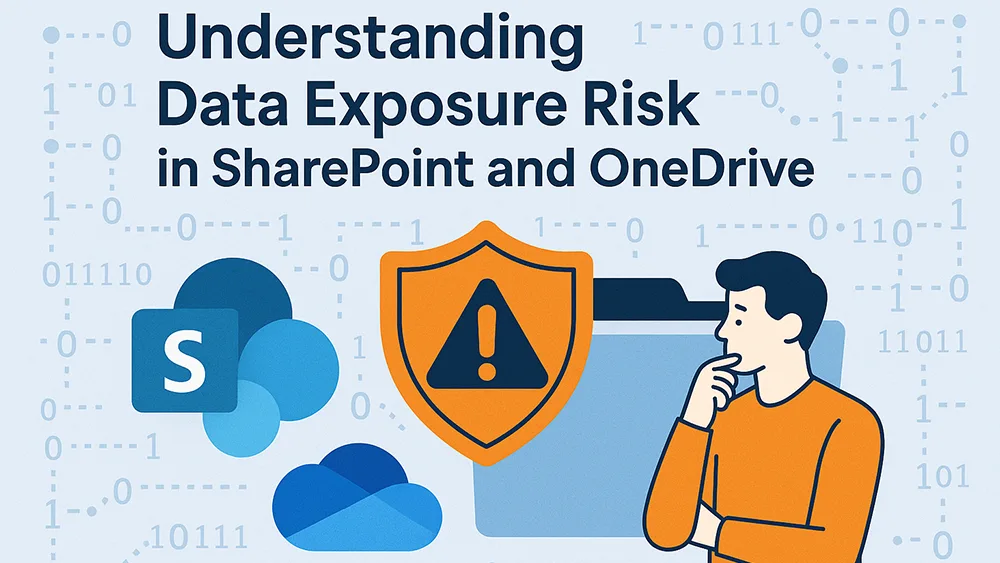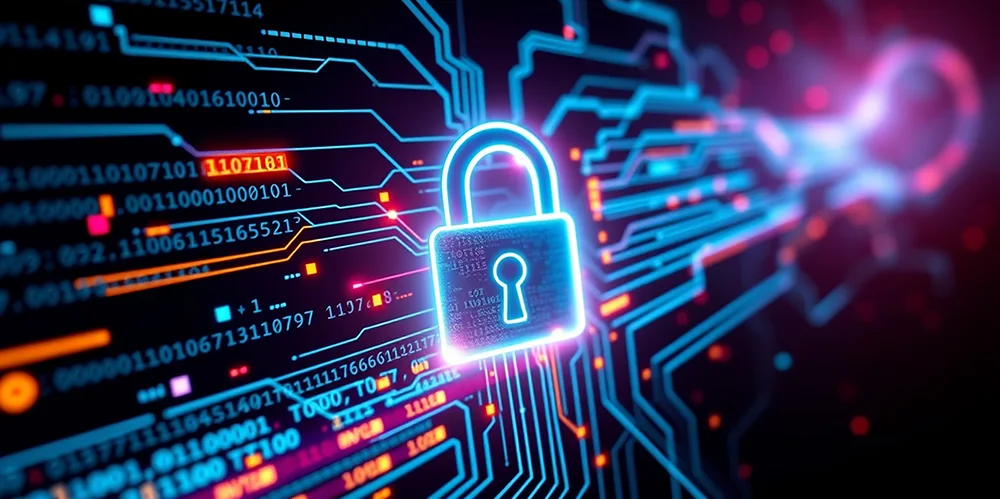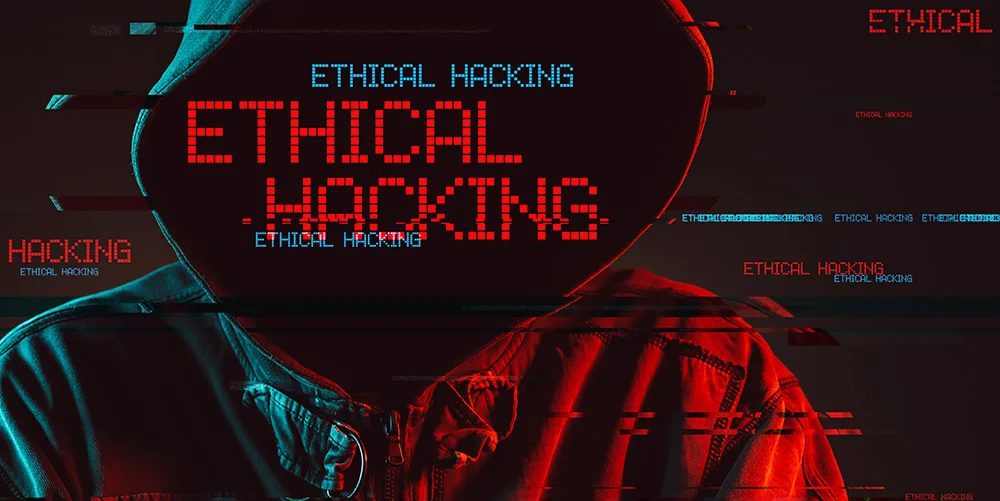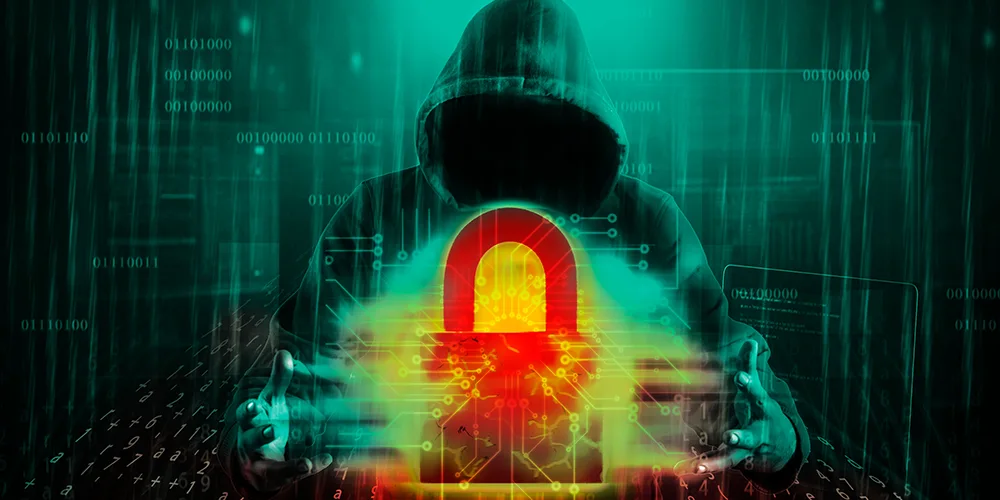Why should companies invest in cybersecurity?

Posted on September 16, 2024 by Rob May
Imagine a single phishing email leading to a breach that costs your business thousands of pounds and months of reputational damage. In business today, such scenarios are not just possible—they’re increasingly common. Investing in cybersecurity is no longer optional; it’s essential to protect your business from ever-evolving threats.
In the UK Government’s 2024 Cyber Security Breaches Survey, 40% of companies said cybersecurity was a ‘fairly high’ priority this year, up from 35% in 2023. As technology advances and the risk cybersecurity poses continues to grow, what do companies need to know about investing in cybersecurity?
The cost of a breach
The average total cost for a breach on a medium to large businesses sits at £10,830. This includes the cost of staff time to address the breach, as well as any immediate costs such as external consultants or customer complaints. Without cybersecurity measures of any kind in place, these costs could well be higher
What it doesn’t include is any long term, intangible impacts such as loss of trust and the need for reputation management, as well as upkeep of preventative measures.
Why do organisations need to invest in cybersecurity?
Cybersecurity needs investment, whether that be time or monetary. Organisations need to invest in cybersecurity because of:
Increased volume of breaches
As technology advances, cybersecurity breaches have never been easier. Criminals are able to use AI and readily accessible technology to attempt to breach your organisation.
According to the Cyber Security Breaches Survey 2024 conducted by the UK government, 50% of UK businesses identified cybersecurity breaches or attacks in the last 12 months. However, the true figure could be much higher, as not everyone will report breaches.
Reliance on multiple platforms
As most businesses operating today work with a wide variety of partners and tools to deliver their service, it’s key that organisations are aware of their supply chain’s cyber resilience, and work with any partner they bring onboard to ensure they maintain a level of cyber resilience. This could include checking for things like Cyber Essentials, or other cyber resilience certifications. Without a resilient supply chain, whether platforms or companies, you are opening yourself up to breaches through improperly secured devices.
Care for your customers
Whether you have 20 or 20,000 customers, you want to make sure they know you look out for them, and one way you can do that is through proper investment in cybersecurity. From ensuring that you are up to date with the latest scams that you could be victim of to maintaining training within your team, anything you can do to invest in cybersecurity is a step in the right direction to build trust from your customers.

What does investing in cybersecurity as an organisation look like?
In today’s modern world, investing in cybersecurity is more than just having anti-virus software on all laptops. While that’s one part of it, there’s many more aspects that need to be considered to create a holistic cybersecurity investment.
1. Training
An area all businesses should be investing in is cybersecurity training. Organisations are increasingly aware of the need to train senior management, but this training should also be rolled out to all employees, volunteers or anyone who may represent your business to some capacity.
Any organisations’ firewall is only as strong as the people who use the devices. One way of thinking about it is like your home. You can install as much CCTV and as many alarms as you want, but if you leave the doors and windows wide open, then anyone can just walk in and take what they want.
This is where training comes in. By educating your employees to “keep the doors shut and locked” you are able to make the best out of the cybersecurity tools you have.
2. Open culture
While this isn’t a monetary investment, creating a culture where people feel safe to challenge emails or queries they receive is a great investment in cybersecurity. If a junior employee received an email purporting to be from the CEO, would they feel comfortable to raise that with a manager or senior management to query the validity of said email?
Having an open culture where people feel OK to challenge potentially suspicious emails they receive is key to preventing access by malicious actors.
3. Software and hardware
Software such as antivirus and threat detection are important for cybersecurity, much like the devices your team has.
Any software should be up to date and have regular security patches, as well as newer software checked by an IT team before being installed on the relevant devices.
When it comes to hardware, devices need to be new enough that they don’t run unsupported operating systems and are able to receive regular patching and security updates.
Why does investment in cybersecurity need to be maintained?
In times of economic pressure, tough decisions are often made to keep organisations, especially charities, afloat. One such area that may see cutbacks is cybersecurity but doing so could put your organisation at risk.
Groups that organise cybersecurity attacks prey on people’s weak moments, including financial difficulties. As an organisation, this could be an uptick in invitations to apply for grants that turn out to be phishing emails. For individuals, it could be texts from places like HMRC about tax rebates.
Whatever malicious actors can try, they will. The biggest investment that needs to be maintained in cybersecurity is awareness and training. You can invest in all the tools you want but if someone clicks on a phishing link, those tools are rendered useless.
Are you looking for a cybersecurity support firm?
Here at ramsac we work with organisations to help improve their cyber resilience. Whether it’s through our accreditations, our monitoring service secure+ or consultancy, we can help.
Don’t wait for a breach to realise the importance of cybersecurity. At ramsac, we specialise in building resilient systems that protect your business from today’s most sophisticated threats. Whether you need comprehensive monitoring, expert consultancy, or the peace of mind that comes with top-tier cybersecurity accreditations, we’re here to help. Contact us today to safeguard your future.







